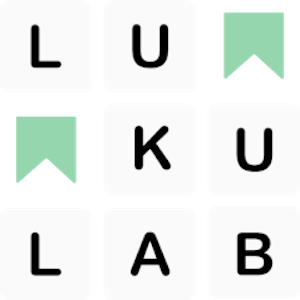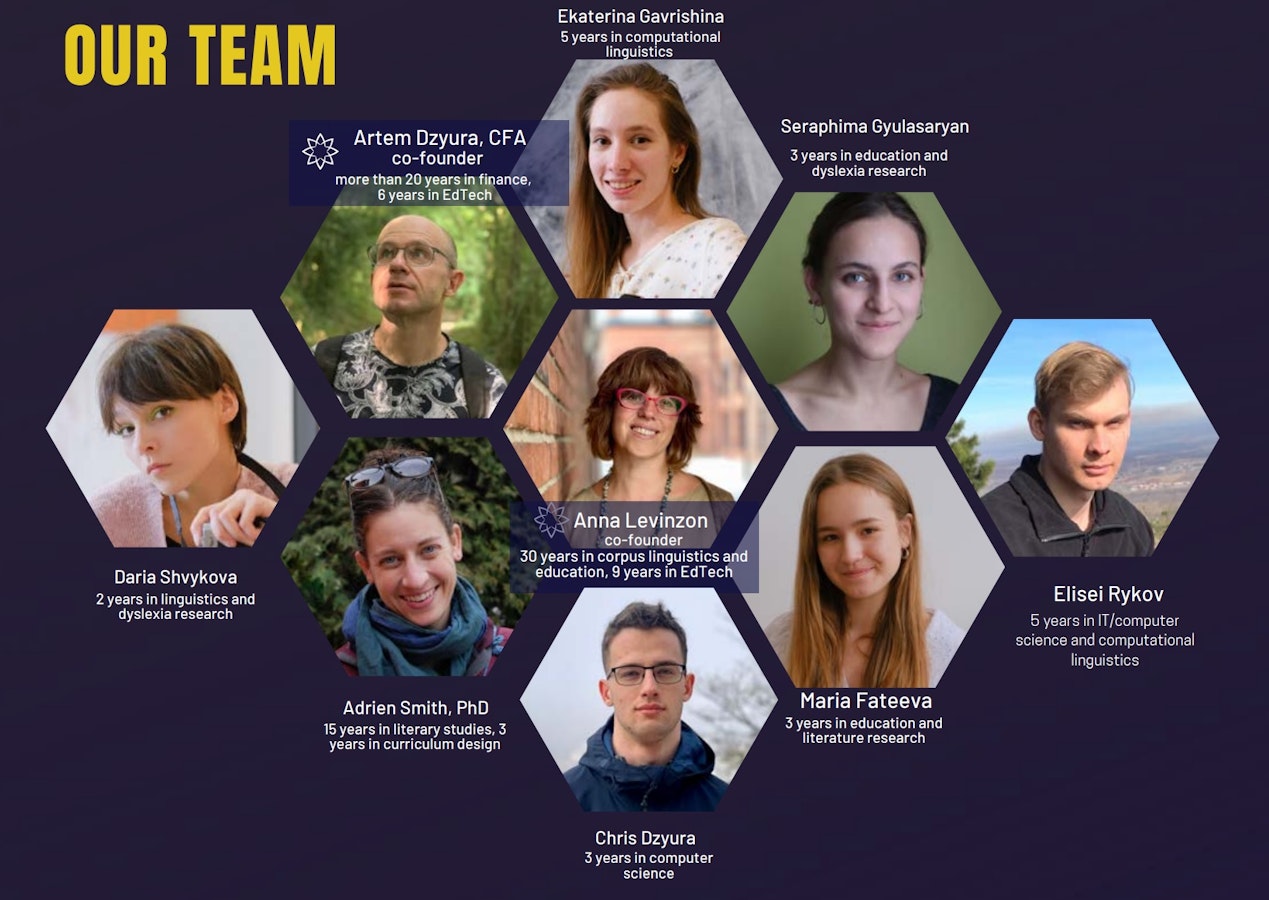
LukuLab
Parents' problem.
Every 5-th child is born with dyslexia: an inherited neuro-biological condition that makes the process of decoding written symbols challenging. In most European countries, the USA and the UK children with dyslexia are entitled for a free state-funded help. In an ideal educational system a highly professional teacher identifies challenges of a struggling learner, the child is quickly referred to a state-funded assessment, every child with reading disabilities gets immediate free remediation. In the educational systems as they are in the post-pandemic era we see persistent acute shortages of qualified literacy and special education teachers and waiting lists of between 6 and 24 months for dyslexia assessment. Only children who are in the bottom 3 to 10% of their peers for reading ability can rely on free help. Parents and schools are forced to turn to private tutors and programs and are always torn between the desire to help struggling kids and the fear of ruining the financial situation of their families and organizations.
Schools' problem.
The current debate over inclusion in the society revealed the main educational problem that has not yet been solved: as classrooms become more diverse, the teacher is challenged to differentiate more. The legislation mandates that every child with disability is provided with an individualized learning plan, but the inclusive classroom that provides such advantages is difficult to implement, while the only extra support that a teacher gets is a university student or other inexperienced trainee.
| Location | Finland |
| Website | lukulab.com |
| Founded | 2022 |
| Employees | 1-10 |
| Industries | Education |
| Business model | B2C, B2B, B2G |
| Funding state | Bootstrapping |
Working at
LukuLab
This job comes with several perks and benefits
Remote work allowed
SDGs
Team
Founder, Co-founder
Artem Dzyura
Founder, Co-founder
